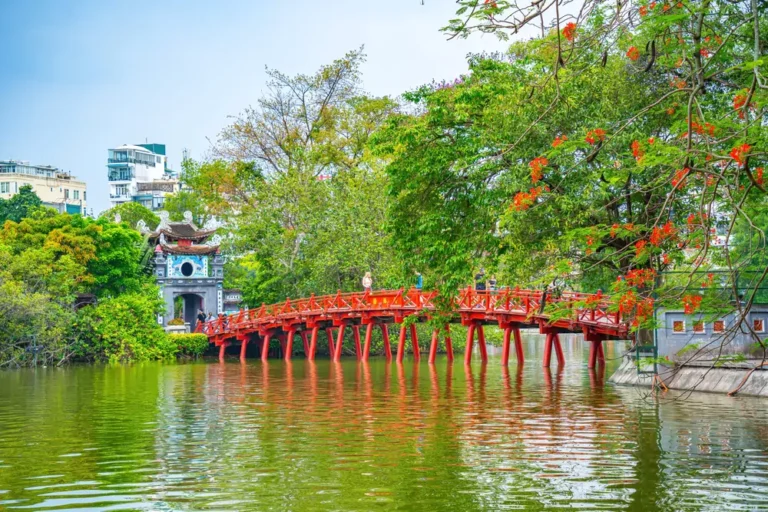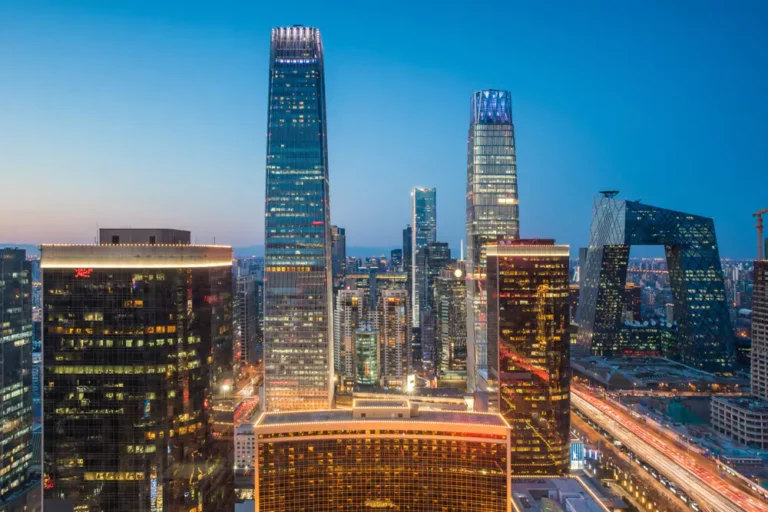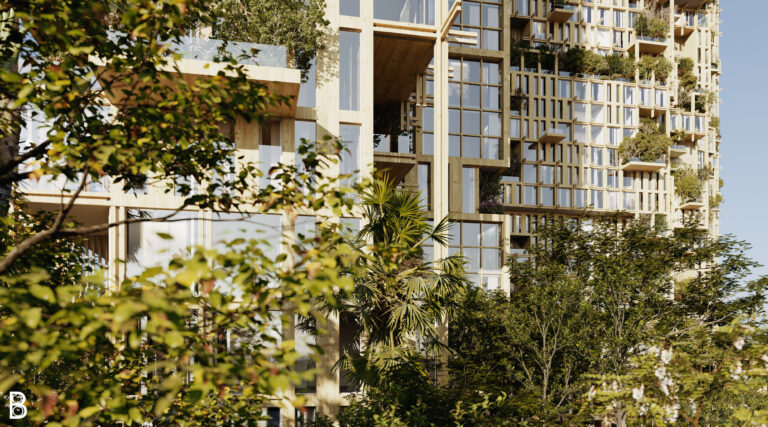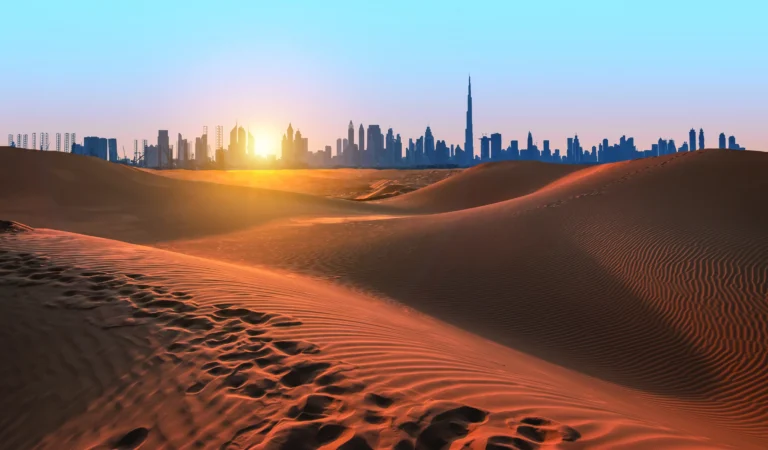ARES Digital White Paper Volume 1: The fundamentals of responsible building
Green and climate heroes put their heads together to discuss how the Asia Pacific property sector can weather the environmental crisis and drive sustainable living
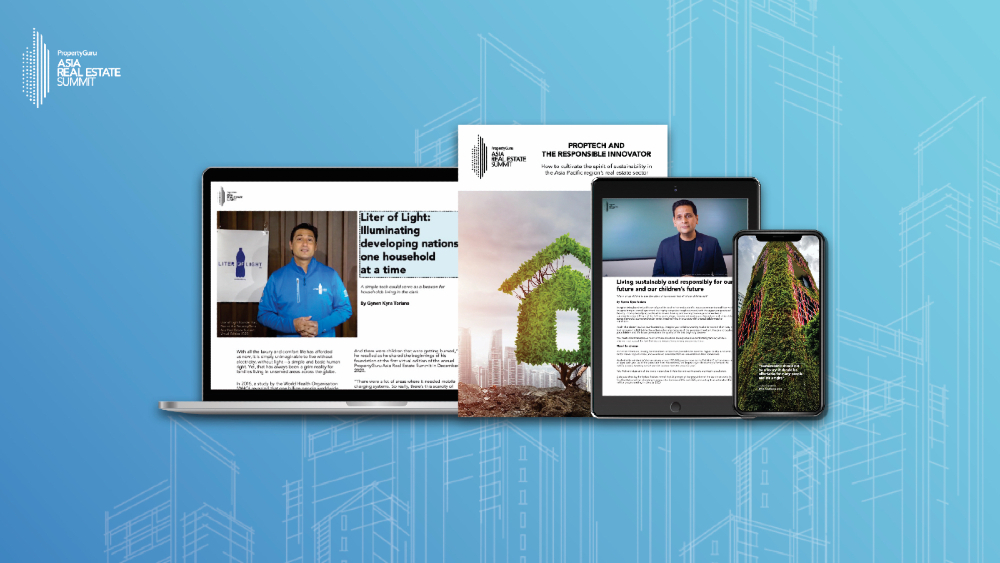
Since 2015, the PropertyGuru Asia Real Estate Summit has served as a platform for the industry’s finest minds, top-level business leaders, and decision-makers to educate their peers and industry professionals about innovation, connectivity and technological applications on the built environment. In the last three years, the Summit has also incorporated the contributions to climate change, to push them to innovate to minimise their carbon footprint, and to inspire them with breakthroughs in green and property technology.
At the first virtual edition of the Summit in December 2020, PropertyGuru called upon the Asia Pacific region’s green and climate heroes and proptech experts to advance the conversation on green building and technology, carbon-negative and carbon-neutral design trends, humanitarian tech, the future of urban living, and smarter and healthier cities.
In the Summit’s inaugural Digital White Paper, released in September 2021 and entitled “PropTech and the Responsible Innovator,” the aforementioned themes are highlighted to urge the real estate industry (and by extension its investors and consumers) into responsibly building a world worthy of future generations.
The summit’s chairperson Stephen Oehme (former board member of Dubai’s Burj Khalifa and now based in Thailand) opens the discourse by noting that raising awareness on sustainability should no longer be the objective. Instead, he insists that now is the time to encourage global firms to carry out their own green agenda through careful study and applying practical solutions.
More: Join the data revolution at the next PropertyGuru Asia Real Estate Summit
The digital white paper features contributions by Unissu’s James Dearsley, who presents the current investment trends and outlook for proptech businesses in Asia Pacific. Angelo Tan of the International Finance Corporation (IFC) continues by sharing his personal stories that steered him to lead the IFC’s Climate Business unit in his country and discussing how emerging countries can democratise green buildings through proptech.
PropertyGuru Property Report digital editor Gynen Kyra Toriano writes about the World Bank Group’s insights and initiatives via the IFC to push green financing and certification, PropertyGuru Group CEO Hari V. Krishnan’s vision for sustainable living in Asia’s megacities, and the Liter of Light foundation’s advocacy (led by founder Illac Diaz, recipient of the 2020 PropertyGuru Visionary of the Year award) to light up homes and environments without access to electricity.
Meanwhile, global consumer brand IKEA’s sustainable solutions and 2020 PropertyGuru Tech Innovation Award winner Rizome’s climate-positive alternative to steel and concrete are examined by writer Ruechupa Jiratanasophin. Stephen concludes the digital white paper by reiterating the four pillars of sustainability – human, social, economic, and environmental – and calling for immediate action as we all prepare to reunite (virtually) at the next PropertyGuru Asia Real Estate Summit in December 2021.
For more information, visit AsiaRealEstateSummit.com or email [email protected].
Download a copy of the Digital White Paper here:
Read related stories here:
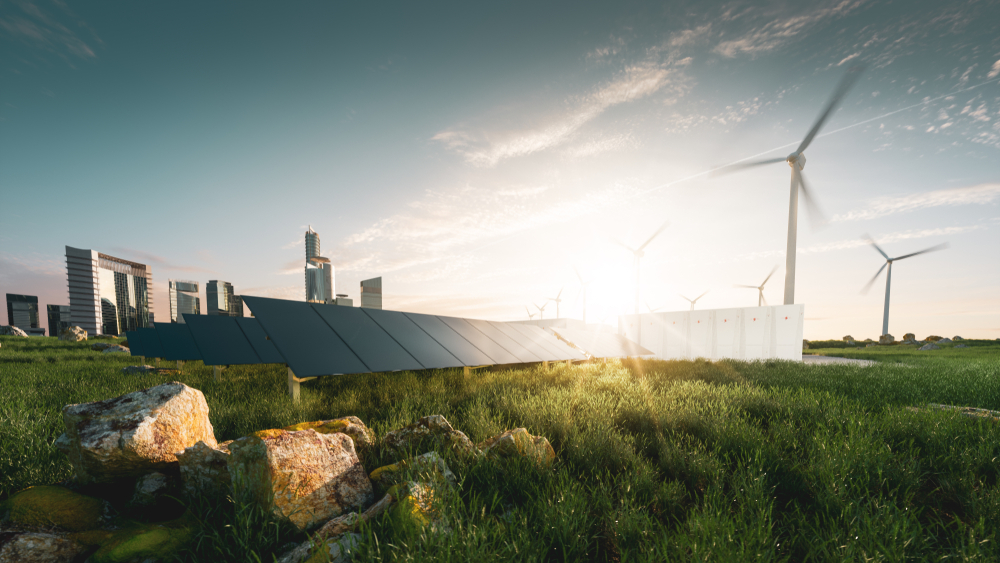
A holistic view for a sustainable future
The four pillars of sustainability and ways to achieve a sustainable future
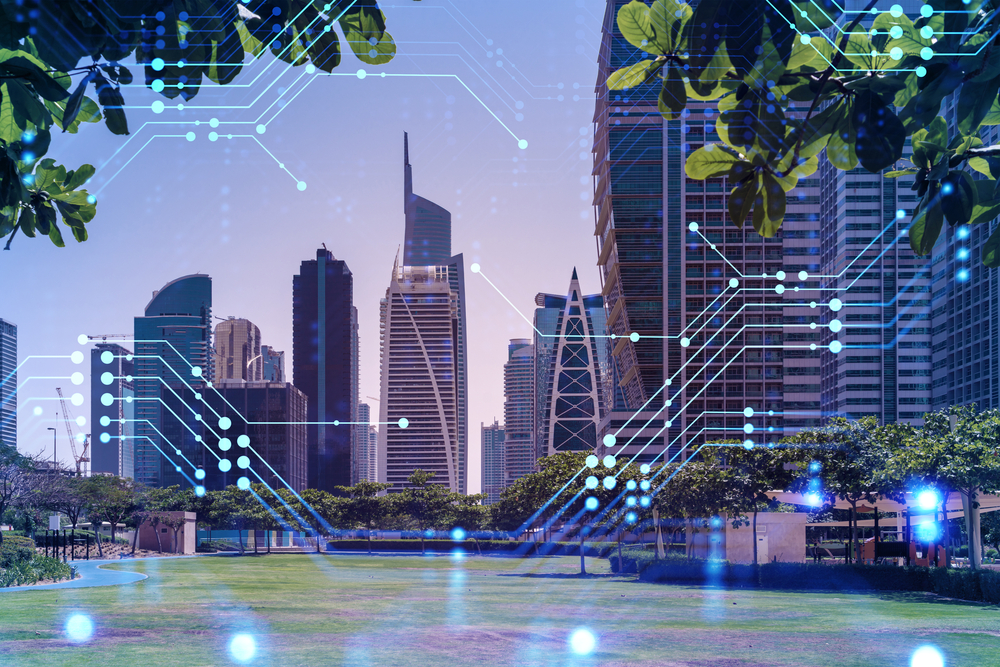
Property technology is reshaping real estate markets around the world
The Asia Pacific proptech market has shown unpredictable trends, but it is gradually catching up
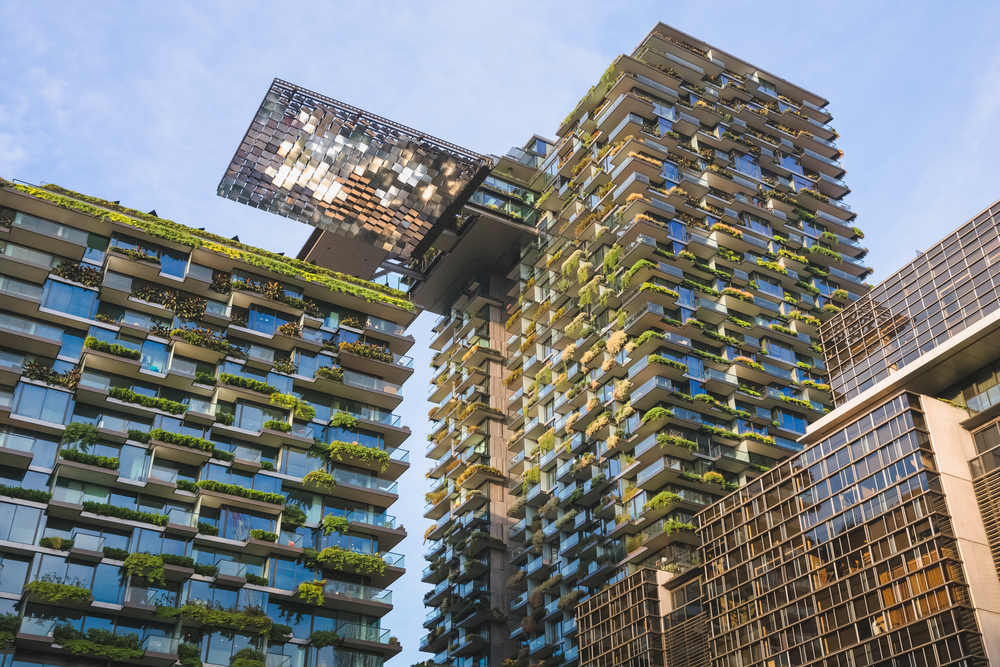
Healing the Earth and poverty with green buildings
Developing countries still face challenges for going green, but more organisations and programmes are lending a hand
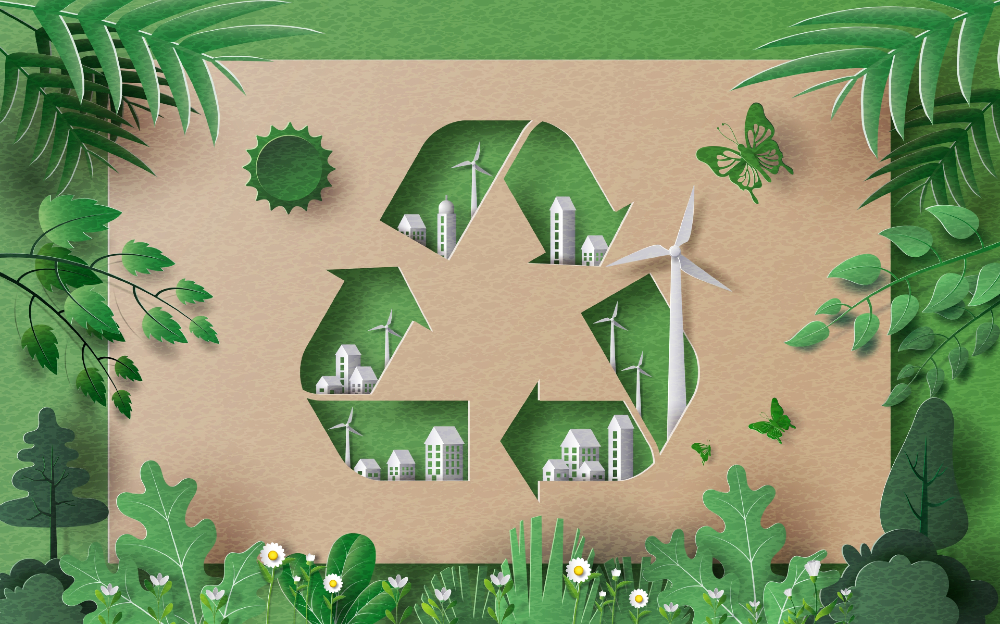
Taking the right approach to go green in developing countries
The right tools and technology can help build sustainable buildings according to each country’s needs
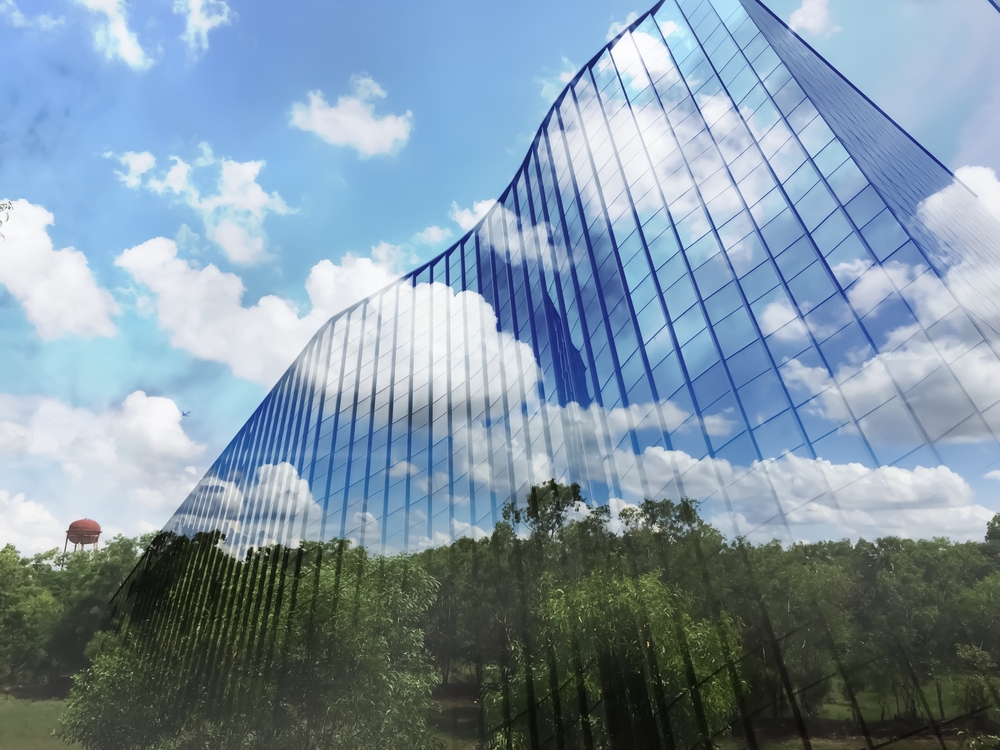
Affordability and sustainability, the long-awaited harmony
Sustainable buildings not only provide advantages for tenants but landlords and other stakeholders as well
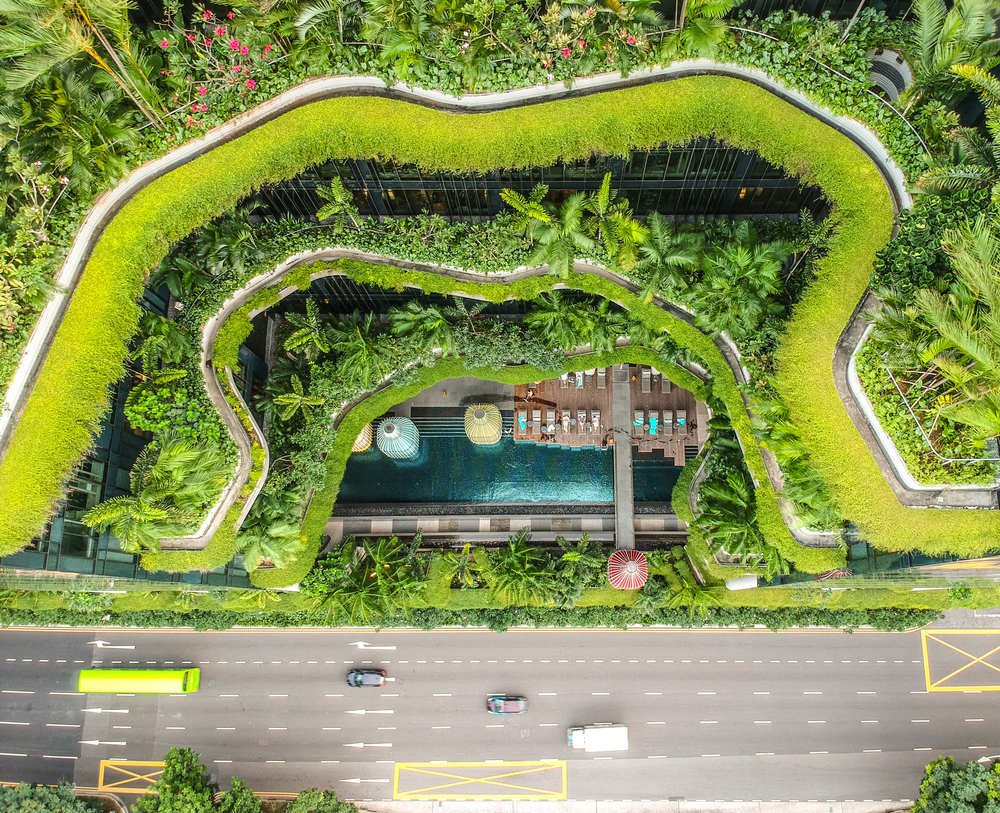
Going green, a $24 trillion investment opportunity
Green buildings are said to be lucrative investments, offering USD24 trillion in emerging markets
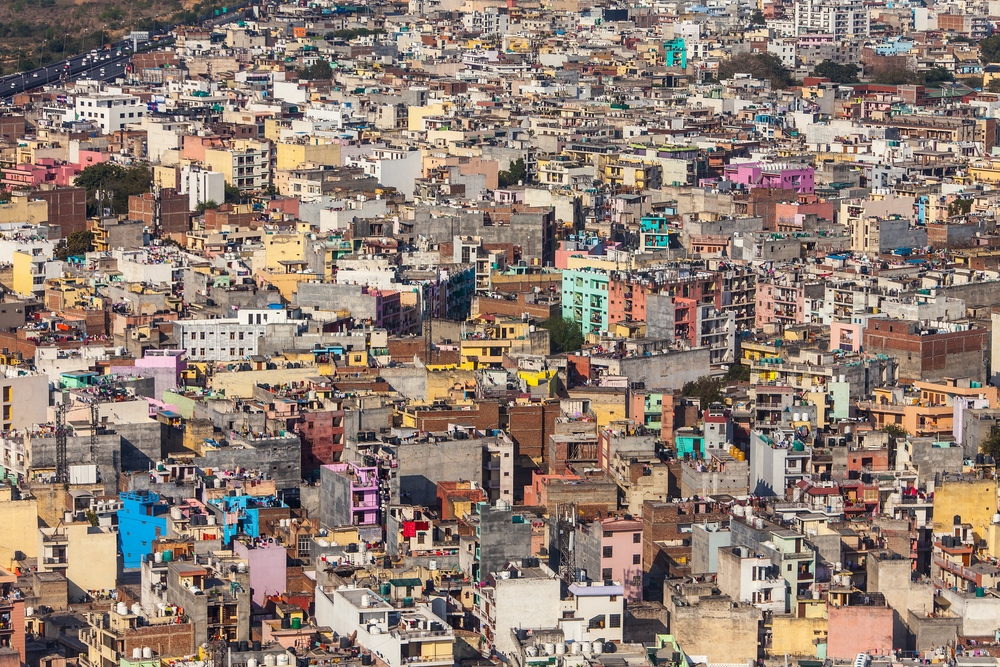
Integrated townships, creating hope for the future
Townships not only create jobs, but also support better mental health, prompt economic growth, and foster happiness
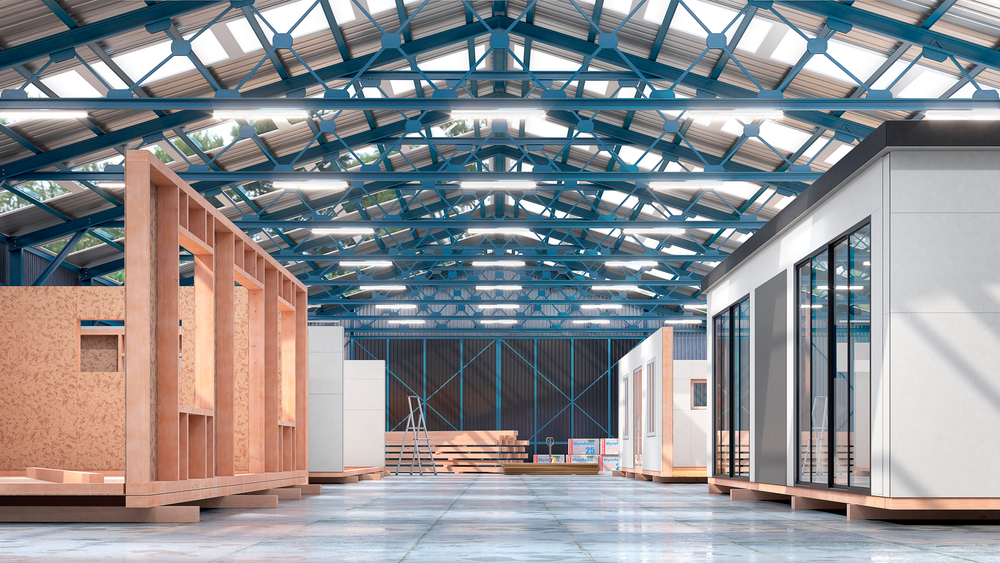
Modular construction, the solution to rapid urbanisation and pollution
This type of construction is not only greener but they’re also built faster and smarter
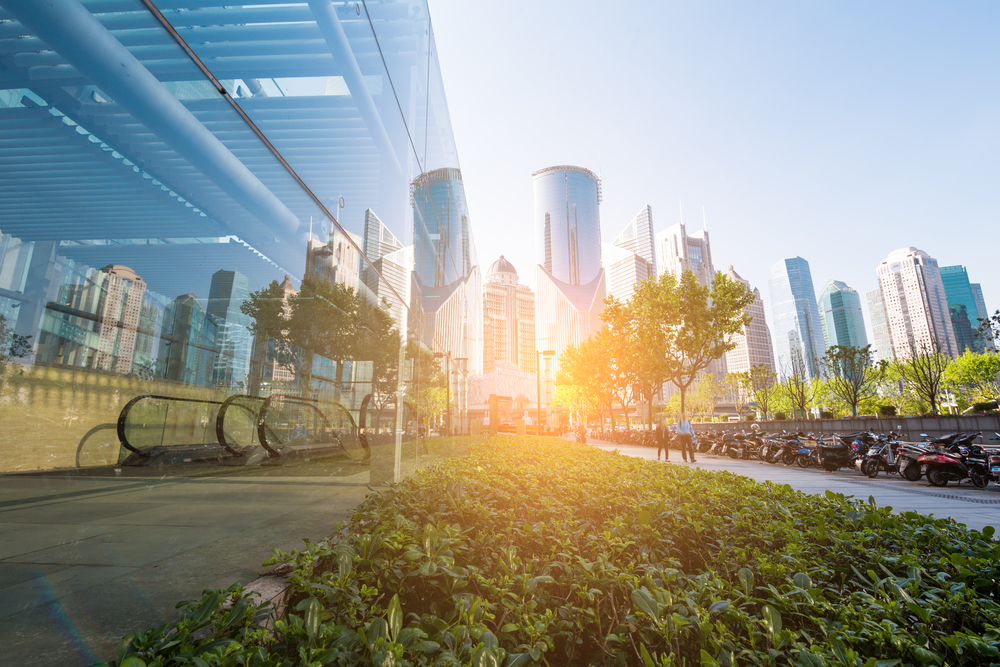
Reducing carbon footprint together one step at a time
Businesses should be able to provide people with sustainable solutions that are affordable

Creating a sustainable future with engineered bamboo lumber
Bamboo is the fastest-growing plant, as well as is fire resistant and 2.5 times the strength of steel
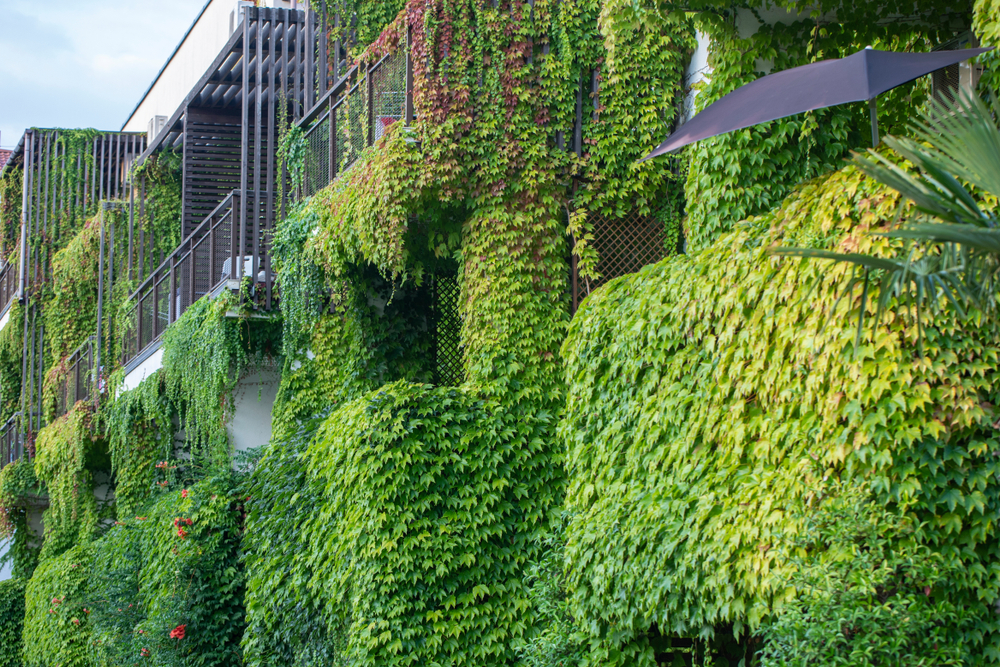
Sustainable developments don’t have to be expensive
Older homes can be upgraded to become energy efficient with features such as air-sealing or LED lighting

Improve quality of life by bringing light to rural communities
Rural electrification is one of the solutions to help bring electricity to remote and rural areas
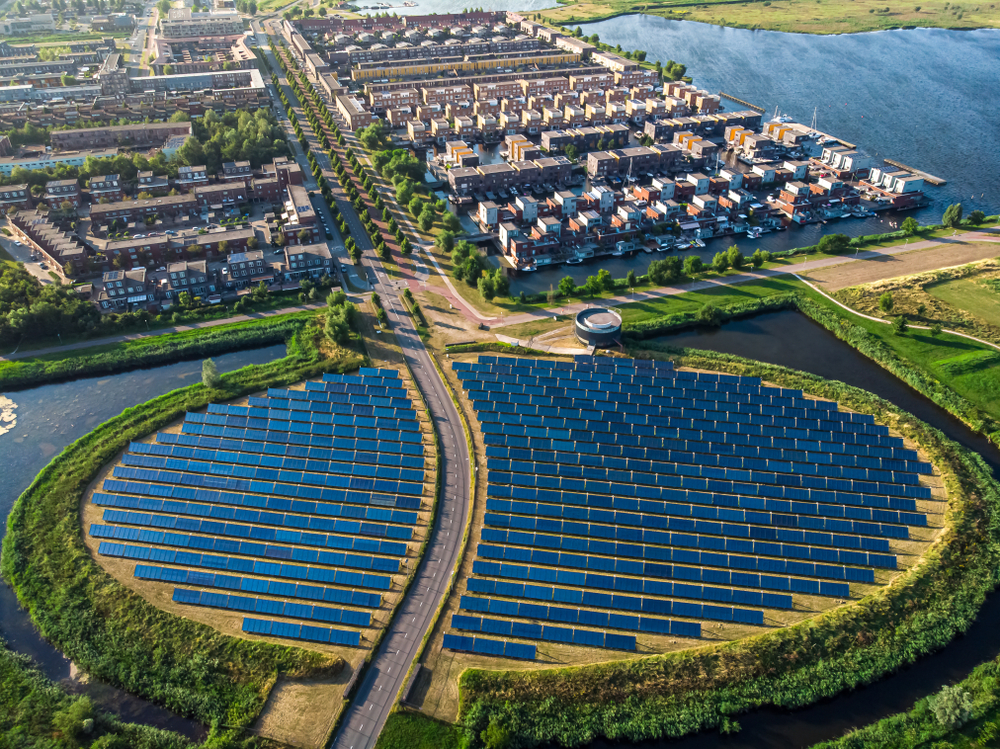
Turning aspirations into effective strategies to resolve climate change
The PropertyGuru Asia Real Estate Summit aims to inspire, innovate, and educate people from all around the world
Recommended
Designing resilient cities: Hanoi’s path to sustainable urban living amidst pollution challenges
Hanoi’s worsening annual toxic smog is highlighting the pressures of balancing sustainability with rapid economic growth
ARES White Paper Volume 3: The era of adaptive reinvention
Pioneering sustainable and innovative practices in urban development
ARES White Paper Volume 2: Unravelling the power of data revolution in real estate
Insights on proptech, smart cities, and sustainable development
ARES Digital White Paper Volume 1: The fundamentals of responsible building
Green and climate heroes join forces to discuss how Asia Pacific can weather the current environmental crises and the looming effects of climate change
